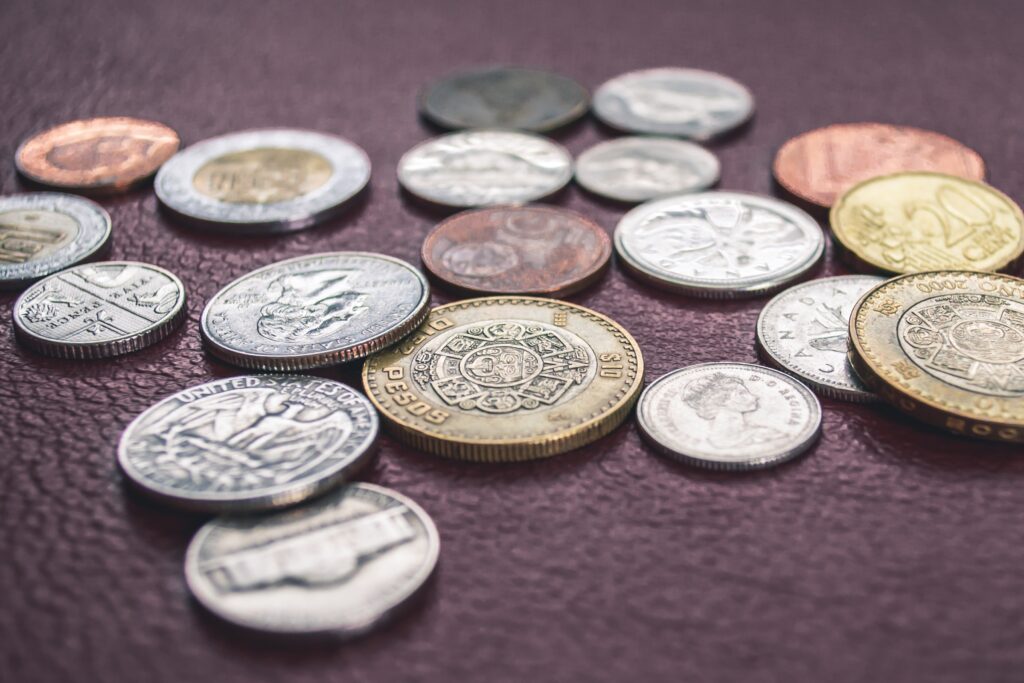Similar to “the diet starts on Monday”, the payday cycle mentality is a term I came up with to describe the notion that we’ll change our money habits once payday comes around. If you’ve ever thought, “I’ll be better with my money once I’ve been paid”, or “I’ve spent a lot of money, I might as well continue spending until payday” then these are both examples of the payday cycle mentality.
This isn’t the same as living paycheck to paycheck, which I understand many do out of necessity rather than choice. The payday cycle mentality is focused on the mindset around money, and how we often fall into the trap of thinking that our finances will reset on payday or that we need to wait until payday to make changes to our habits.
Continue reading to discover some reasons why you might want to rethink it…
Our finances don’t reset like clockwork
Just because you have money coming in on payday doesn’t mean the £150 you spent the day before is cancelled out because it fell into a previous month or payday cycle. You’re still £150 down, and that £150 still has a dent on your overall finances regardless of how much money you have coming in. This isn’t to say that you can never spend money, of course, but the lengths we go to in order to justify our spending because of the proximity to payday isn’t a very productive way to look at it.
Implementing habits takes time
It takes on average 66 days to form a habit, which is longer than most people’s payday cycle. So thinking “I’ll be better with money when I get paid next” doesn’t allow time for better habits to be formed. But it does encourage you to continue to make choices that might not have your best financial interests at heart.

It doesn’t take into account the longer term consequences of your spending.
When your payday cycle becomes the timeline for your finances, you’re not factoring in the longer term consequences of your spending habits and behaviours. For example, you’re not getting to the ‘why’ of some of the behaviours you might want to change. You’re also ignoring the real impact of any less-than-ideal spending habits on your overall financial health because with the payday cycle mentality, it’s back to level one on payday. But in truth, it doesn’t work that way. Those consequences go beyond our payday cycles.
It’s a short sighted way to look at your money
Personal finance is the long game and if you’re only looking at your finances from payday to payday, you’re not looking at the long-term picture. Instead, you’re blinkered by either a weekly or monthly timeline. But when financial goals are usually worked on over a long period of time, it doesn’t make sense to view such fundamental parts of your finances – your income and your day-to-day spending – this way.
Changing our money mindset isn’t easy, but when you come to view your finances away from your payday cycle you’ll see it from a wider lens view, form healthier habits around your money, and understand the implications of your actions beyond your payday to payday timeframe.



